Department of Physiology
Human physiology is a branch of basic medical science which throws light into the complex cellular mechanisms dealing with the integrated functions of the hierarchically organized tissues, organs and various systems of the human body.
It also lays foundation to understand the pathogenesis of diseases and principles involved in their treatment.
GOAL
Learning process that the undergraduate students undergo in physiology should provide the student with the following:
i) A comprehensive knowledge of the normal functions of the organ systems of the body and their interactions to facilitate understanding of the physiological basis of health and changes in disease.
ii) They should understand basic physical principles involved in the functioning of body organs in normal and diseased conditions.
DEPARTMENTAL OBJECTIVES
Knowledge
At the end of prescribed period of training and learning, a medical student in Physiology should be able to :
- Describe the normal functions, regulatory mechanisms and interactions of the various systems for well-coordinated total body functions.
- Describe the contribution of organ systems and their harmonious integration in the maintenance of homeostasis.
- Brief the physiological responses on exposure to stress and exercise, and its correlation in the disease state.
- Explain the physiological aspects of the normal growth and development.
- Analyze and compare the normal with abnormal laboratory data to interpret the same to assess the health status.
- Enumerate physiological principles underlying pathogenesis and treatment of disease.
- Explain reproductive physiology as relevant to National Family Welfare program.
- List the basic laboratory investigations relevant for a rural set up in the management of common clinical problems.
Skills
At the end of the course the student shall be able to:
- Perform clinical examination of different systems of human body and elicit the physiological responses.
- Conduct experiments designed for study of physiological phenomena.
- Recognize and get familiar with instruments like Student’s physiograph, ECG machine , Stethograph, Vitalograph, Mosso’s Ergograph, Perimeter etc
- Interpret experimental investigational data
- Perform CPR
Psychomotor
- Concept of professionalism.
- Approaches to the patient with humanity and compassion.
Integration
At the end of the integrated teaching, the student shall acquire an integrated knowledge of organ structure and function and its regulatory mechanisms.
The Facilities
Demonstration Rooms
Two demonstration rooms, each of 77.3 square meter area are provided with requisite audio-visual aids including black & white boards, OHP, LCD projector, mike with speakers, computer with internet connectivity etc.
Hematology Laboratory
One hematology lab with a surface area of 234.6 square meters is available with 60 work stations. A separate teaching area which can accommodate 20 students is also available. The Haematology laboratory is equipped with following facilities.
- Continuous working tables with Fire/steam proof top are provided with 2 wash basins per table. Separate electrical points, cupboard and drawers are provided for each student.
- Preparation room of 14 square meter area.
Clinical Physiology Laboratory
The clinical physiology laboratory of 225 square meter area can accommodate 60 students. The lab is provided with 28 examination couches for the demonstration and practice of clinical skills. A separate teaching area which can accommodate 20 students is also available.Clinical Physiology laboratory is also equipped with the following equipment for conducting practical classes on human physiology.
6 Digital Polygraphs Capable of Recording
- ECG
- EMG
- Pulse
- BP
- Temperature
- Spirometry
Mosso's Ergograph
Perimeter
Vitalograph
One research lab of 50 sq m area equipped with advanced digital polygraph capable of recording multiple physiological parameters.
Department Library Cum Seminar Room
Department library with a total surface area of 38.28 square meters is supplied with 100 exclusive books on Physiological Sciences for departmental reference. The multi-purpose table made available in the department library cum seminar room can provide seating capacity for 25 persons for the conduct of intra-departmental seminars and academic discussions.
Pre Clinical Departments
Emergency Cases
Please feel welcome to contact our friendly reception staff with any general or medical enquiry call us.
Opening Hours
COVID-19 Latest Update
Faculties
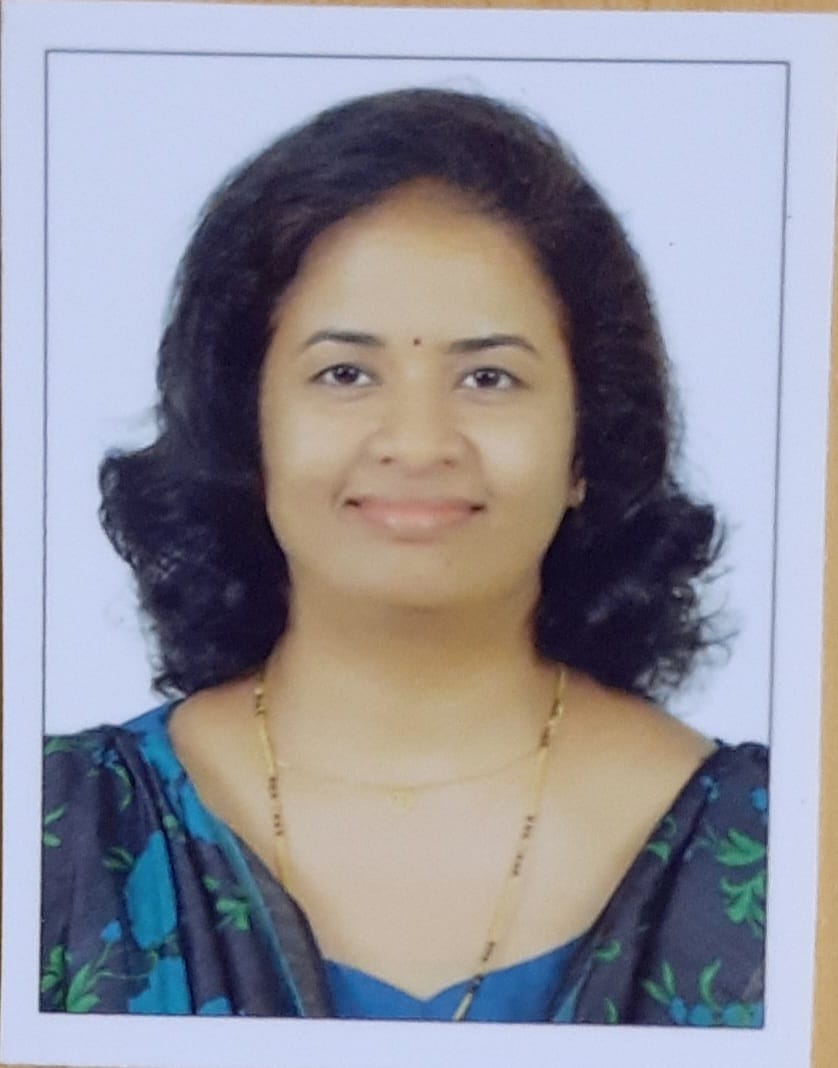
Dr.Arati Anand Amin
MD
Professor
Reg.No: TCMC 28157
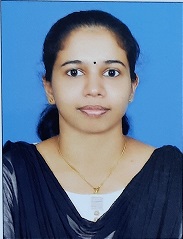
Dr. Renu Raj R
MD
Associate Professor
Reg.No: TCMC 46880
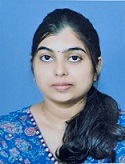
Dr Neenu Elsin Thomas
MD
Assistant Professorr
Reg.No: TCMC 59964
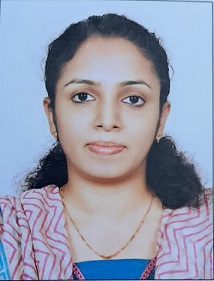
Dr. Anju Baby
MD
Assistant Professorr
Reg.No: TCMC 51688
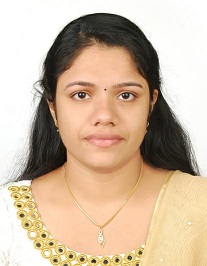
Dr. Navya Jith Jacob
MSc, PhD
Assistant Professor
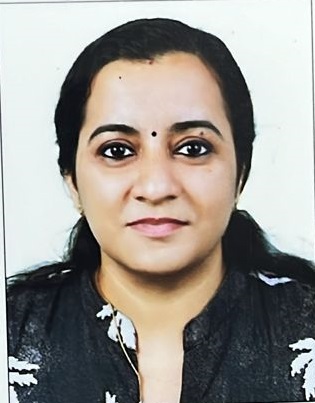
Dr. Aruna Davis
MD
Assistant Professor
Reg.No: TCMC 48261
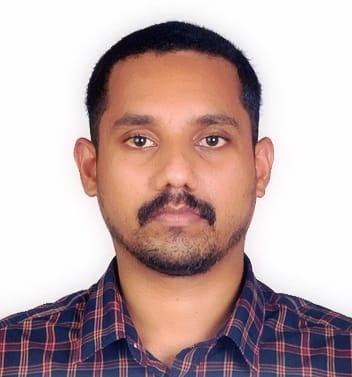
Dr. Don Joseph
MBBS
Tutor
Reg.No: TCMC 72730
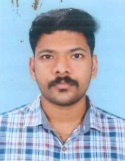
Dr. Adarsh P Sasidharan
MBBS
Tutor
Reg.No: TCMC 88829
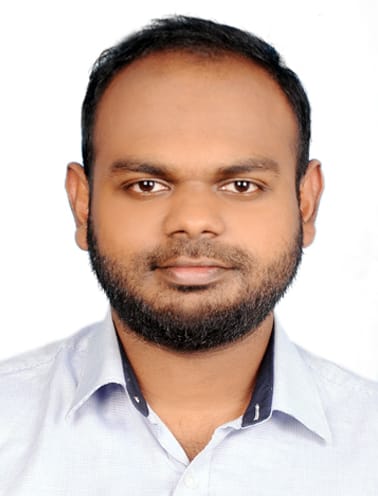
Dr. Nived P Rajan
MBBS
Tutor
Reg.No: TCMC 97909
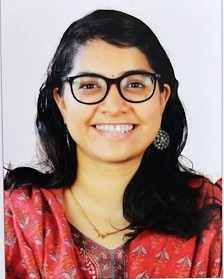
Dr. Saranya Remesh
MBBS
Assistant Professor
Reg.No: TCMC 63557
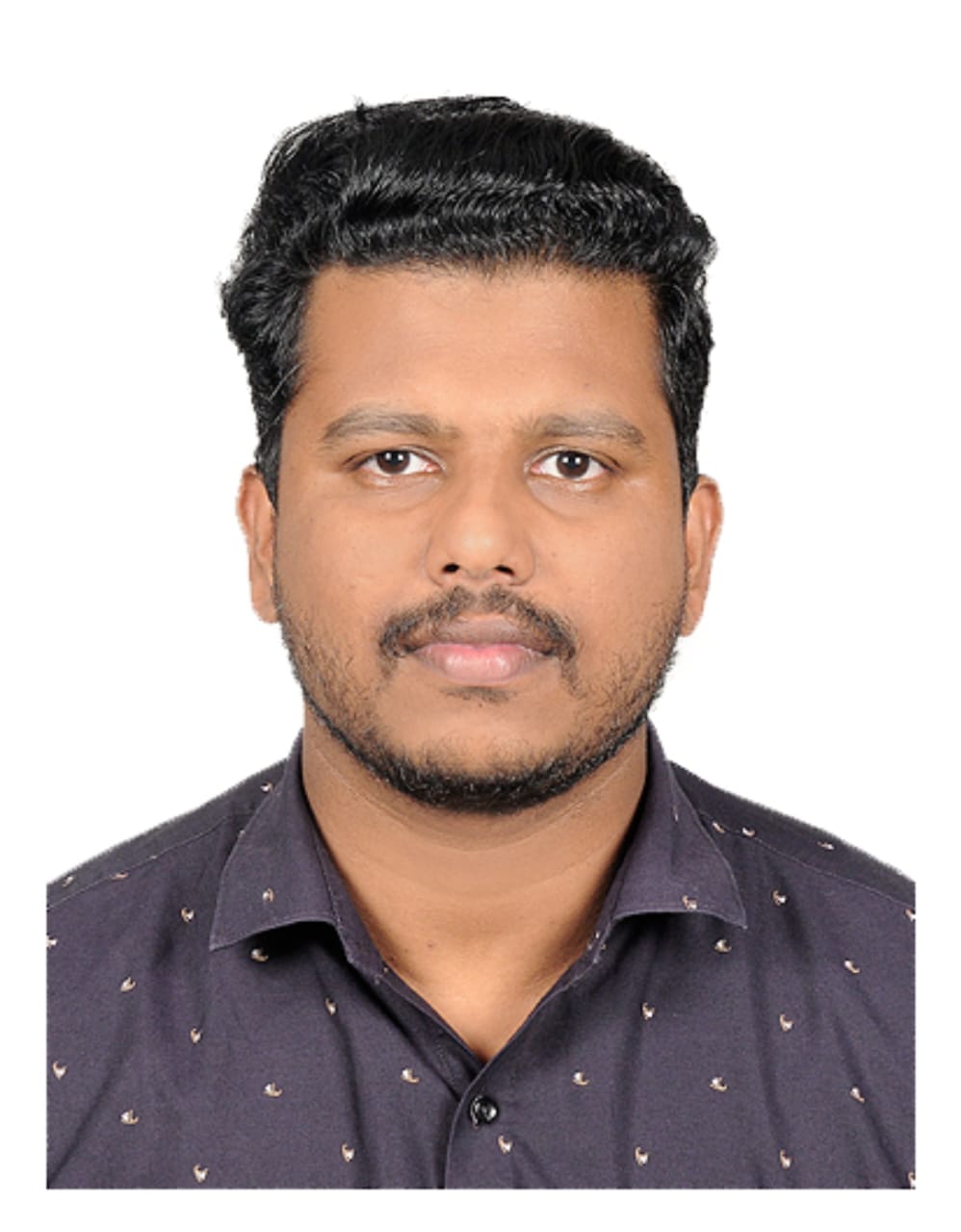
Dr. Abdul Kalam Anshad
MBBS
Tutor
Reg.No: TCMC 78525
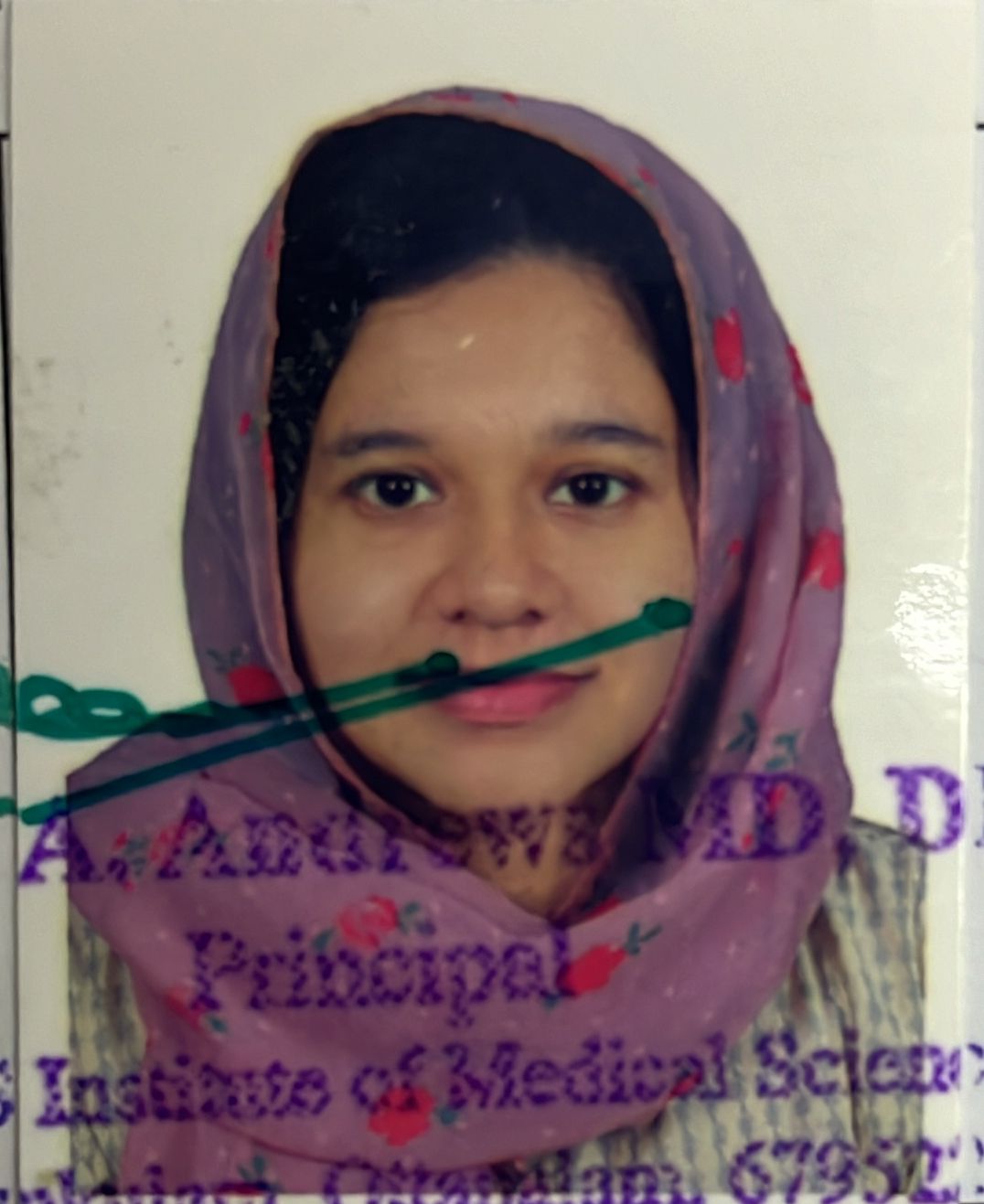
Dr. Nimsha Basheer
MBBS
Tutor
Reg.No: TCMC 87444

Dr. Akhil Vincent
MBBS
Tutor
Reg.No: TCMC 80583
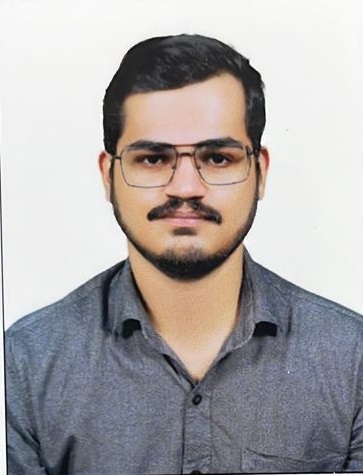
Dr. Sudheesh M K
MBBS
Tutor
Reg.No: TCMC 93176

Dr. Abdul Kalam Anzad
MBBS
Tutor
Reg.No: TCMC 68486
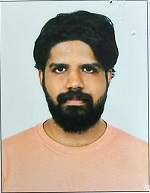
Dr. Deepak S
MBBS
Tutor
Reg.No: KSMC 93969
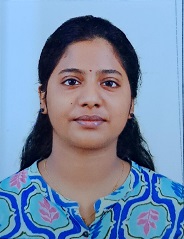
Dr. Reshmi G Nadh
MBBS
Tutor
Reg.No: KSMC 97151
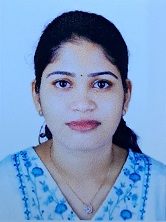
Dr. V Anagha Rajasree
MBBS
Tutor
Reg.No: KSMC 93458

Dr. Bharathchnadran Hansraj
MBBS
Tutor
Reg.No: KSMC 88833
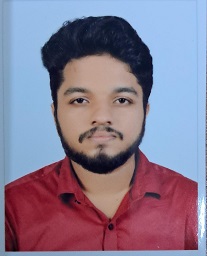
Dr. Anjal Sajeevan
MBBS
Tutor
Reg.No: KSMC 92971
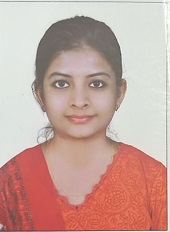
Dr. Sathiya Meena R
MSc, PhD
Assistant Professor
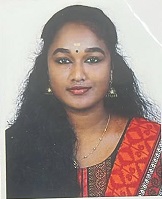
Miss. Radhika P
MSc
Tutor


